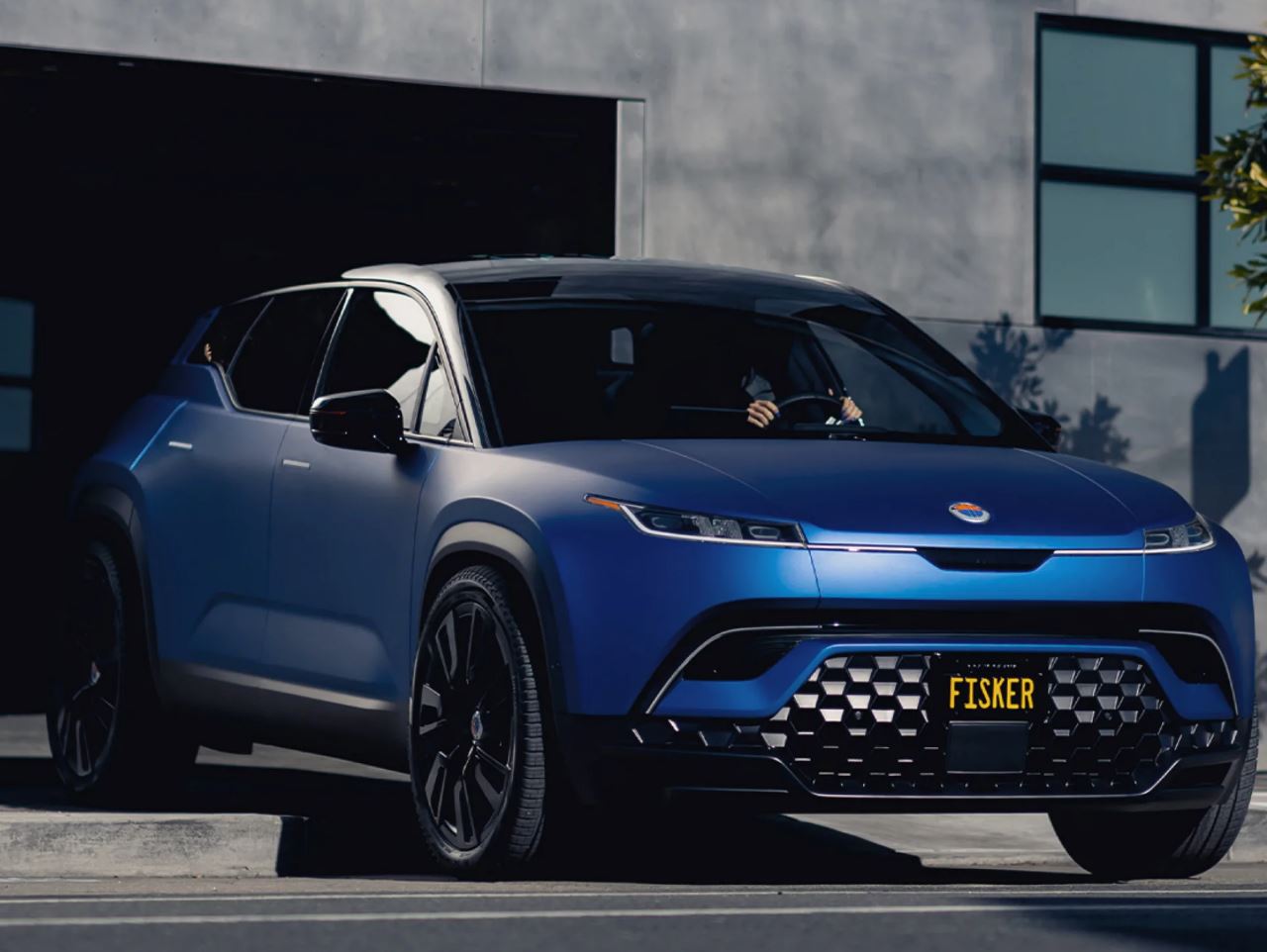

Fisker's Ocean SUV. Image credit: Fisker
A notable electric vehicle (EV) manufacturer has filed for bankruptcy – the second EV maker to do so in the past year.
Fisker Group Inc filed for Chapter 11 bankruptcy protection, as the EV market struggles with waning consumer demand, which has also impacted big EV manufacturers such as Tesla and Rivian.
Fisker’s Chapter 11 filing is hardly surprising for industry observers, as the EV maker had already halted vehicle production, and had drastically slashed prices in the US by over 50 percent (it had reportedly cut the price of its EV vehicles from $80,000 to just $30,000 and below).
In January after delivering less than half of the 10,000 plus vehicles it had produced last year, Fisker turned to a dealership-based distribution model, and abandoned the direct-to-consumer approach pioneered by Tesla.
Then in February Fisker had signalled it was experiencing difficulties and also failed to secure an investment from a big name car maker (reportedly Nissan), forcing it to reduce its operations.
A recent high profile review by tech YouTuber Marques Brownlee had dubbed the Fisker Ocean EV (Version 1) the worst car he had ever reviewed, after he had highlighted a number of troubling software and hardware issues.
This review added to Fisker’s woes, and some allege helped contribute to a crash in Fisker’s stock price.
Now Fisker has filed for Chapter 11 bankruptcy protection with the US Bankruptcy Court in Delaware.
Fisker’s filing estimated that its assets are between $500 million and $1 billion.
The filing estimated that its liabilities are between $100 million and $500 million, with between 200 and 999 creditors.
Its 20 largest creditors reportedly include Adobe, Alphabet’s Google and SAP.
“Fisker has made incredible progress since our founding, bringing the Ocean SUV to market twice as fast as expected in the auto industry and making good on our promises to deliver the most sustainable vehicle in the world,” a Fisker spokesperson was quoted as saying in the filing.
“We are proud of our achievements, and we have put thousands of Fisker Ocean SUVs in customers’ hands in both North America and Europe,” the spokesperson said.
“But like other companies in the electric vehicle industry, we have faced various market and macroeconomic headwinds that have impacted our ability to operate efficiently,” the Fisker spokesperson said. “After evaluating all options for our business, we determined that proceeding with a sale of our assets under Chapter 11 is the most viable path forward for the company.”
Fisker said that its subsidiaries including Fisker Inc and other US subsidiaries, as well as subsidiaries outside the US, are “not included in the Chapter 11 filing at this time.”
The firm said that its previously announced manufacturing pause will remain in place, and it intends to make additional filings so that its reduced operations can continue, including paying staff and other vendors.
Since 2021 Fisker had used Magna International Inc, a Canadian car parts manufacturer, to make its vehicles. Indeed, Magna had made 10,000 Fisker vehicles in the past year, and shipped 5,000 units to customers.
However even the severe price cuts have failed to clear its inventory of more than 5,000 cars.
Magna in a recent earnings report had also signalled it was wasn’t building any more vehicles, and production was unlikely to restart.
This is now the second time that a firm by Danish car designer Henrik Fisker has failed.
Henrik Fisker had been the chairman and CEO of Manhattan Beach, California-based Fisker Group Inc, and had designed the company’s 2022 Ocean all electric SUV as well as the luxury plug-in hybrid Karma that had been launched back in 2011.
Henrik Fisker’s first attempt to start an electric car company was called Fisker Automotive Inc, but it ended in 2013, after a battery failure for the Fisker Karma resulted in a huge recall.
Fisker Automotive had raised over $1 billion from private investors, as well as a $529 million loan from the federal government, but Fisker Automotive missed crucial production targets, causing that loan to be suspended in 2011.
Other EV makers have also filed for bankruptcy protection, including Lordstown Motors in the September 2023. In March 2024, it emerged from bankruptcy restructuring as Nu Ride Inc, based in New York City.
Other EV makers that have filed for bankruptcy in the past two years include Proterra and Electric Last Mile Solutions.
Elon Musk sells social media platform X to his AI start-up xAI in a move…
TikTok opens e-commerce shopping in Germany, France, Italy as US future remains uncertain over divest-or-ban…
Discover expert insights on overcoming digital transformation challenges. Learn how to manage change, balance innovation,…
Microsoft drops data centre projects amounting to 2 gigawatts of power consumption as investors question…
SMIC sees revenues rise 27 percent for 2024, but profits fall nearly 50 percent amidst…
Google reassures developers Android to remain open source as it brings development entirely in-house, reduces…